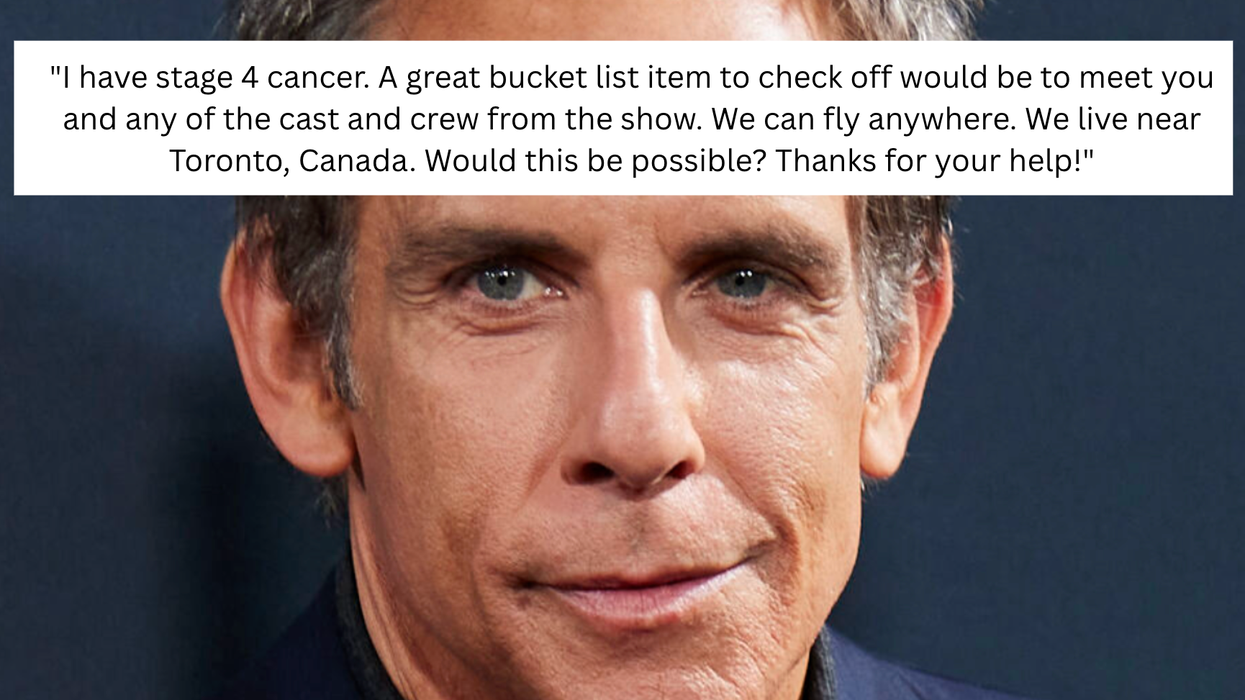SOPA and PIPA
In January, the internet community secured a huge policy victory. At the end of 2011, the internet got angry—very angry. Its ire was directed at SOPA and PIPA, two bills coming up for a vote on Capitol Hill that would effectively censor the internet and stifle innovation on the web. In protest of the bills, Google, Wikipedia, Reddit, and over 7,000 other sites went “dark.” Citizens protested as well, holding rallies in New York City and hoards of internet users voiced their disapproval to their representatives, where else, but Twitter. Apparently Washington heard the uproar and promptly killed the bill.
In July 2012, the International Criminal Court delivered its first-ever verdict against Thomas Lubanga Dyilo. Dyilo was found guilty for the war crime of enlisting and conscripting children under 15 into the armed conflict in the Ituri region of Democratic Republic of Congo between 2002 and 2003. This sets a precedent and serves as a warning for any warlords who may want to use child soldiers in the next 50 years.
Higgs-Boson
The illusive Higgs-Boson particle has been sought after since 1964, and this July it was found in the CERN laboratory in Geneva. This so called “God Particle” gives scientists a more full view of the fabric of the universe. Though this discovery may not cure any diseases or spur any new technology tomorrow, it will be the building blocks for major breakthroughs in the next 50 years.
First Patient Cured of AIDS
In July, Timothy Ray Brown became the first person ever to have been cured of AIDS. This represents a huge medical breakthrough and will have a long-term impact on the continued efforts of researchers, scientists and doctors throughout the world to continue their progress toward a universal cure.
Mars Curiosity Landing
This August, geeks everywhere sat in glued to their computers to watch the incredibly complicated landing of the Mars Rover Curiosity, and cheered along with Mohawked NASA flight commanders as the landing went flawlessly. Curiosity has the ability to unlock many mysteries about the red planet, including whether life has ever existed on Mars. This type of space exploration—on Mars as well as other planets—could come in handy should humans ever need a new home.
Attempted Murder of Malala Yousafzai
The Taliban attempted to murder a young Pakistani girl Malala in October for being an education activist. The local reaction to the Taliban’s brutality was severe and may prove to be the tipping point moving mainstream Pakistani sentiment away from extremism toward building a more moderate future.
Space X Launch
Space X made history when it launched Falcon 9, the world’s first commercial space rocket in October. The first rocket delivered a payload of cargo to the International Space Station, but plans to have human missions by 2015. Space X has the potential to significantly lower the cost of space travel over the next 50 years.
In November China transitioned to the 18th National Congress of the Communist Party of China. China’s staggering economic growth over the last four decades have caused massive urbanization and pulled millions of people out of poverty. Over the next decade this Congress will have to grapple with a slowdown in growth and an increasingly outspoken middle class struggling for basic human rights. Given the size of the nation both in population and in economic power—China’s response to these issues will shape the course of the next 50 years.
Muhammed Morsi Consolidation of Power
The Arab Spring dislodged Mubarak from power, but did Egypt just swap out one dictator for another? In November, Egyptian president Muhammed Morsi declared his actions immune from any judicial review in an unprecedented power grab. Currently Tahrir Square is filled again with protestors. Egypt is an experiment to understand how democracy will unfold in the Middle East. Will the next 50 years bring stability and freedom or chaos?
Fiscal Cliff
We could be ringing in the New Year by careening off a fiscal cliff. If so, it could significantly change the future of political debate. Politicians too stuck in ideology to actually do what they are elected to do, make decisions for the best interest of the country. Fifty years from now we may look at this as the time when Washington turned from statesmanship to brinkmanship.
Illustration by Corinna Loo
















 Otis knew before they did.
Otis knew before they did.